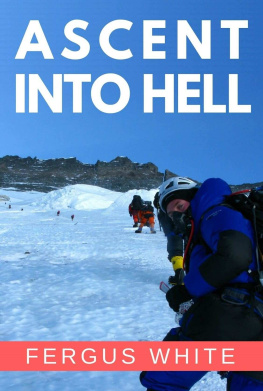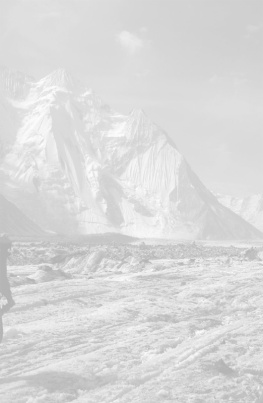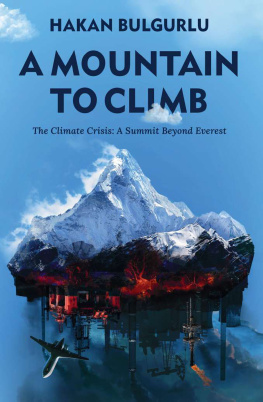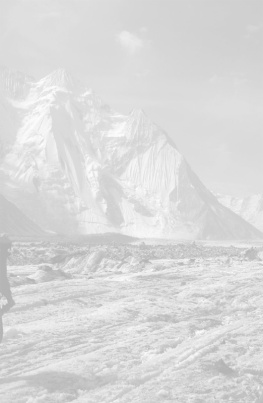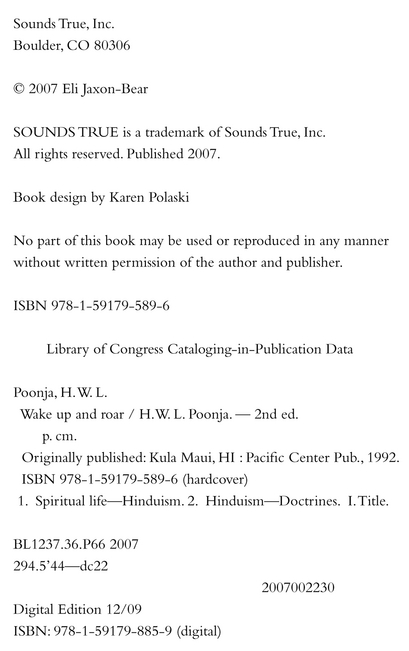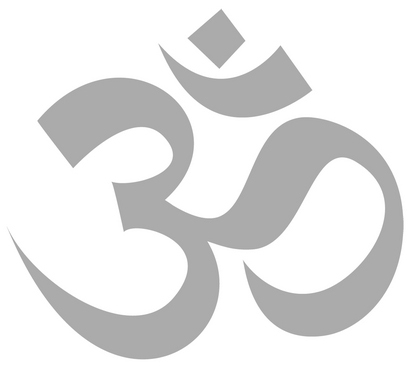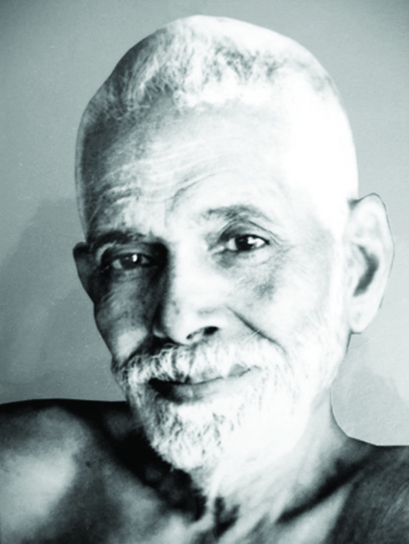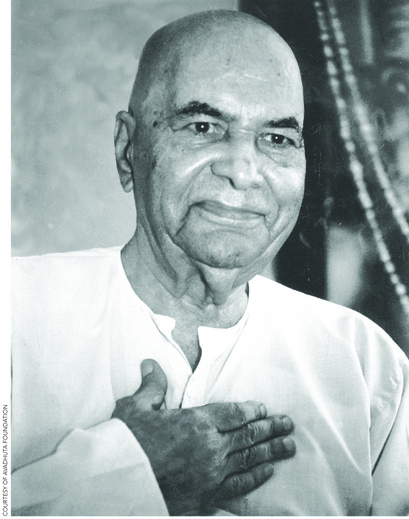FOREWORD
I first knocked on Papajis door in Hardiwar, India, in 1990. Opening the door himself, he greeted us with a huge smile and flashing eyes. He opened his arms uninhibitedly and, nearly shouting, he cried out, Welcome! Over the days and weeks to come, I watched him offer this same welcome to whoever appeared at his door for satsang.
Typically, we would spend the days sitting quietly with him in his room on the banks of the Ganga [Ganges]. Sometimes a visitor would ask a question regarding the search for truth. Always, Papaji would cut to the heart of the question, and always in a way the questioner could most likely understand. With Buddhists, he would use the life or teachings of the Buddha to direct the questioner into a fresh, unique way of self-discovery. With Sufis, he might quote Kabir. With those of no religion or spiritual practice, he would speak unencumbered by religion or practice.
He enjoyed going over a visitors travel plans or the train schedule for various points in India. No particular formula was needed to receive the direct transmission of truth that his presence freely offered to all. This, for me, created an atmosphere of relaxation, a letting go in my own mind of any concepts of what I should be learning, how I should be acting, or what my experience should be.
Occasionally, he would go around the room asking for reports of what had been realized. It was often at this point, through Papajis confirmation and confidence in the questioners realization, that one or more people in the room would internally catch fire with the all-inclusive expansiveness of consciousness consciously aware of itself. What tears and laughter of pure joy! How contagious it was! One persons awakening was everyones awakening. Whether that awakening lasted a minute or a lifetime, what was directly experienced was one Self.
Sometimes, after being in this precious room together, we would have tea, or go for a walk, or visit the local market for vegetables and trinkets. On one such outing, I began to long for the atmosphere of his room, where grace and love were so obvious. Just as I began to follow my thoughts into sentimentality, he caught my eye, and his glance stopped me. What I received from that glance was the certain understanding that here, wherever one might be, is the same grace and love as in any holy meeting, on any mountaintop, or in any cave. Nothing can take it away, as everything, everything, exists only by that grace.
Shortly after Papajis death on September 6, 1997, I received a phone call from one of the students who was with him until the end. This is what was reported:
In Papajis last days, he fell ill with what was thought to be bronchitis. At a certain point he was taken to the hospital and put on a respirator, yet after a short time his heart also began to fail.
One of Papajis closest students tried to question him as to what the procedure should be: should they continue allowing the doctors to work at life support, or should they stop? Instead of answering the question, Papaji somehow rallied out of a semiconscious state, and to the three people in the room gave his last teaching, literally only hours before his body was finished.
He looked at one student and strongly, intensely, and fiercely asked, Where is the Buddha?
The student was deeply struck by the question and instantly understood. Papaji saw this, and so he looked to the next and said, Where is the Buddha?
At first she replied, You are the Buddha, Papaji.
Again, he demanded, Where is the Buddha!
Another person brought him a picture of Ramana and said, Papaji, here is the Buddha.
With the same intensity, Papaji directed his question to each person in the room: Where is the Buddha!
He was heavily sedated, and again he slipped into a semiconscious state. His students were still very concerned as to what Papajis wishes were for his body. Again they asked him, Papaji, these doctors have many procedures that they can use to keep your body alive, but we have to know what it is you really want.
By some miracle of life force, in his severely weakened state Papaji put his arm around a student, grabbed his other hand, and, squeezing it very tightly, said, Bas.
Bas, in Hindi, means enough.
Again Papaji said, Bas.
The students felt the deep satisfaction of knowing what Papaji wanted, and they all agreed among themselves, but the doctors had their own regulations and so continued to try to keep his body alive.
Papajis heart stopped several more times and each time the doctors brought him back.
Finally, in much distress, his students urgently asked one another what could be done, how they might be able to intervene. One of them finally said, Dont worry, Papaji will figure something out.
Shortly thereafter, a blockage developed in the intravenous line delivering Papajis heart medicine, and the heart rhythm shifted radically. The doctors finally admitted that they could do nothing more, and Papaji left his body.
Those closest to Papaji reported that to be in his presence those last days was to be in the presence of pure peace and bliss. There was absolutely no suffering.
As is the Indian tradition, Papajis body was burned in one of the burning ghats [funeral grounds] where he resided in the city of Lucknow, Uttar Pradesh. A few days later, his ashes were offered to his beloved river Ganga, in Haridwar, near Rishikesh.
Papajis last teaching was also his first teaching. The root of his teaching, throughout all of his time with us, revolved around this type of inquiry: Where is Buddha? Where is awakened mind? You could also substitute the words peace, God, or truth. Where is peace? Where is truth? Where is God? Finally, where is life itself? Where is life to be found?
Where do we look for truth, for God, for ourselves, for life? To receive the answer to these questions, we must first ruthlessly tell the truth about what has been found in those places where we have continued to look. Only then can we inquire of ourselves deeply, honestly, and ruthlessly: Where am I? Who am I?




